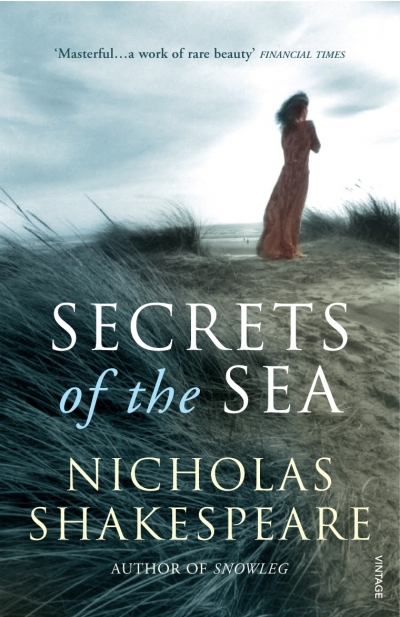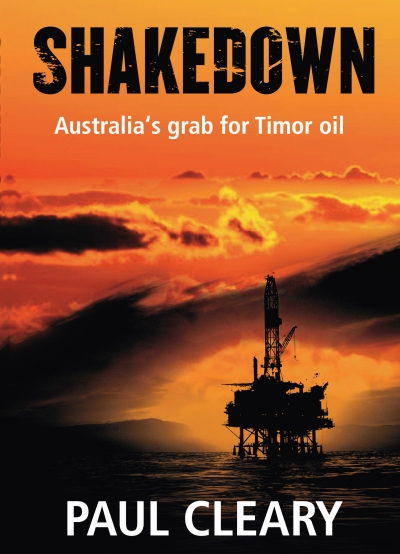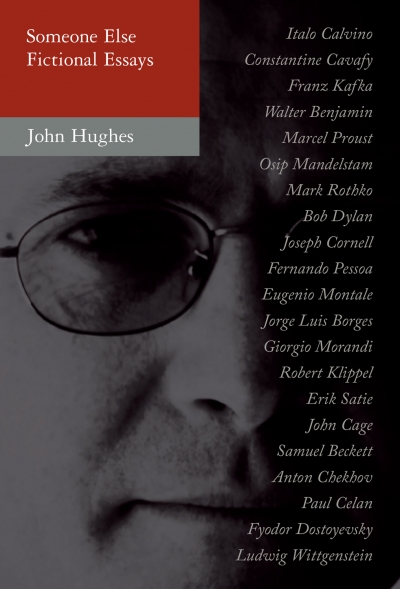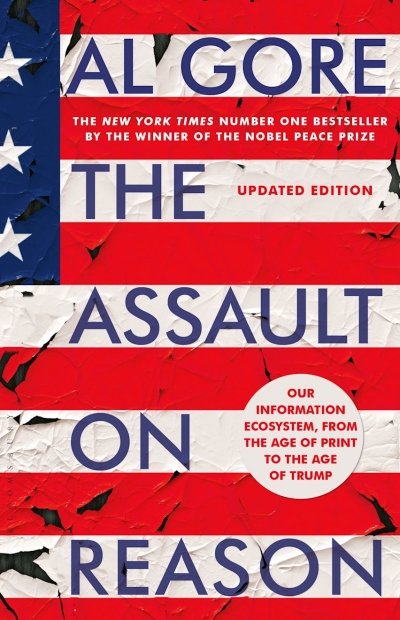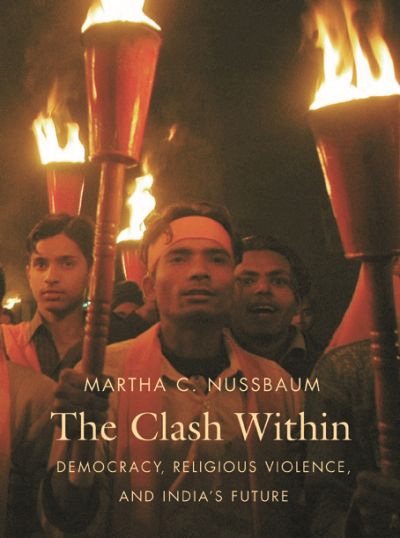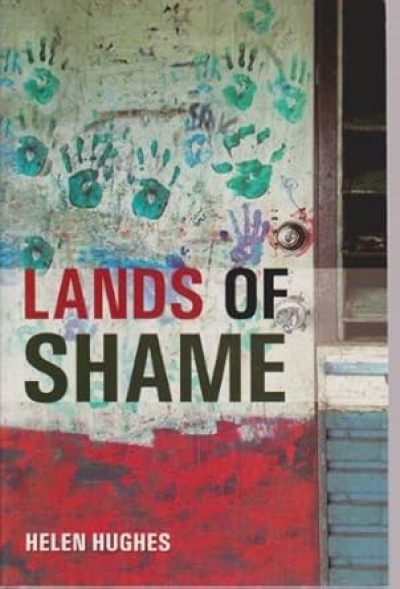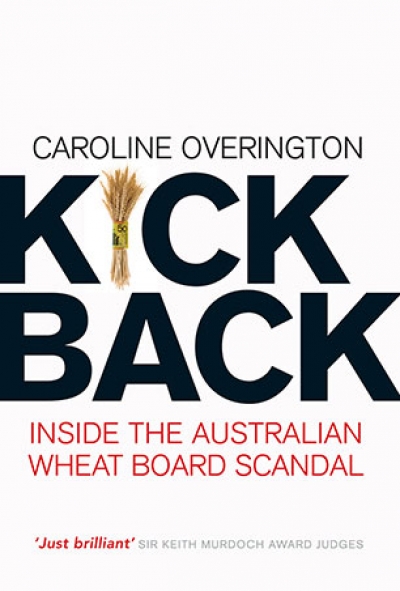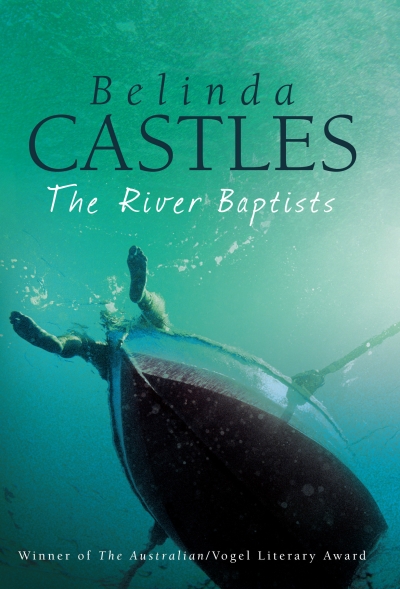Archive
i.m. Bettina Gorton
i.
When I drive through freeway towns I look for you
in the sealed front doors of houses, turned away.
I look for you on the couch-grass lawns of February suburbs
between the privet hedge and standard roses with your back to the street.
When I come home from winter holidays I can tell you have been there
drinking window after window of light till it is emptied and grey.
I think once I saw you walking the curve of a disused rail line
where the track shrugged off its sleepers and climbed into the heat.
The Clash Within: Democracy, religious violence, and India's future by Martha C. Nassbaum
by Joan Grant •
Lands of Shame: Aboriginal and Torres Strait Islander ‘Homelands’ in Transition by Helen Hughes
by Jon Altman •
Kickback: Inside the Australian wheat board scandal by Caroline Overington
by John Button •

